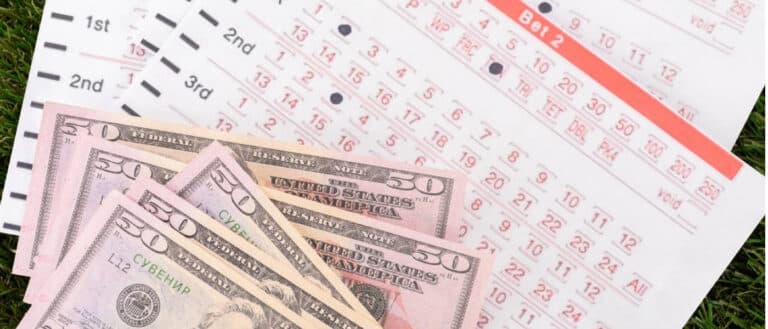NAD Tells DraftKings To Cool It On Largest Site Claims
This post contains outdated info. Click here for the latest DFS updates.
Big investments and bold claims are the name of the game as DraftKings and FanDuel jockey for the top spot in online daily fantasy. Recently, the Better Business Bureau’s National Advertising Division recommended that DraftKings stop making the claim that it is the largest US-based daily fantasy site in the country.
Two claims, in particular, were called out in the NAD’s press release:
- DraftKings is the “largest U.S.-based destination for daily fantasy sports”
- DraftKings is the “largest, U.S.-based online gaming destination where players engage in daily fantasy sports competitions across fantasy professional football, baseball, golf, basketball, hockey and soccer, and college football and basketball”
These claims are objectively wrong. DraftKings may be closing the gap on FanDuel, but FanDuel is still the largest in both number of active players and money paid out. So how can DraftKings justify its claims? It’s a matter of technicalities. Nobody is denying that FanDuel is the larger fantasy site; DraftKings merely asserts that it is the largest U.S.-based site. There’s a fine distinction there.
The Nitty Gritty
In the press release, the NAD notes that the FanDuel CEO keeps his home and some of his company’s operations in Scotland. This is the justification that DraftKings makes to back its claim as the largest “U.S.-based” fantasy site.
FanDuel responded that most of its staff and the majority of its senior staff are located in the US. Furthermore, FanDuel is incorporated in Delaware, uses US bank accounts and keeps its headquarters in New York City.
With this information, the NAD determined that FanDuel is effectively a US-based company from the point of view of the “reasonable” customer. FanDuel may have originated from Scotland, but it can be considered a US company based on the afore-mentioned facts.
To Be Determined…
The NAD is not a regulatory agency backed by the government; it is a self-regulatory agency. It offers recommendations but not edicts. DraftKings disagreed and responded to the recommendation with a somewhat cryptic statement:
“We value the self-regulatory process, however, and will take the NAD’s recommendations into consideration in future press releases and advertising.”
Growing Pains
This isn’t the first time a fantasy site has been dinged for questionable advertising statements. Late last year, FanDuel found itself on the receiving end of a class action lawsuit related to its new player welcome bonus.
In that complaint, a lawsuit brought filed in Florida claimed that FanDuel’s “free” welcome bonus is misleading because it comes with playthrough requirements that aren’t explained except in fine print. Customers are required to play in a certain number of games to release each dollar of bonus money.
Clearing requirements have long been attached to deposit bonuses in the online gaming industry, but online daily fantasy sports is actually subject to the laws of the land here in the US (as opposed to offshore casinos and whatnot). The FanDuel website now makes it clearer up-front that this is not a “free” bonus and that there are certain strings attached.
I would call these missteps growing pains rather than actual scandals. Both DraftKings and FanDuel are legitimate fantasy sports sites that treat customers well. They just need to get the hang of dealing with the regulatory environment that exists inside the United States. In an increasingly regulated business world, companies of all stripes need to be careful how they word every piece of advertising material.





